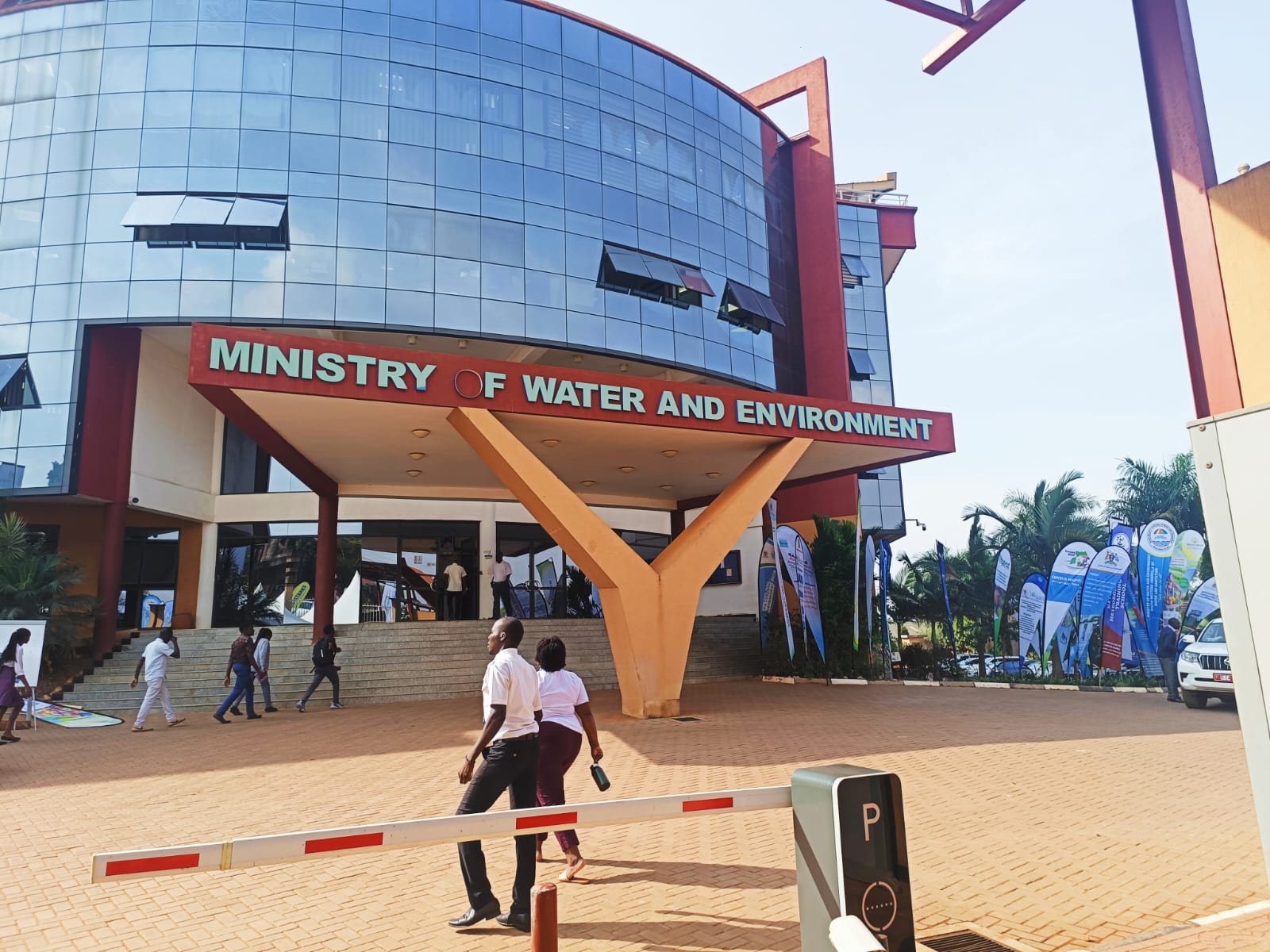A simmering controversy within Uganda’s Ministry of Water and Environment has recently erupted into a public power struggle that has captured national attention and raised important questions about ethics, fairness, and public service accountability. At the center of the storm is Permanent Secretary Dr. Alfred Okot Okidi, whose recommendation to reappoint a retired commissioner on a contract extension has been heavily contested by ministry staff and activists alike.
This blog post examines what triggered this dispute, the key players involved, the ethical questions raised, and why this matter matters to all Ugandans concerned about good governance and institutional integrity.
Background: A Shadowy Power Struggle
The conflict revolves chiefly around Eng. John Mary Vianne Twinomujuni, a retired Commissioner for Urban Water and Sewerage Services who, despite reaching the mandatory retirement age of 60 in July 2025, was recommended by Dr. Okidi for a three-year contract extension. This move has sparked outrage because many qualified internal candidates\ including eleven assistant commissioners with decades of experience were available for the role, but apparently overlooked.
Such re-employment of retirees is governed by Uganda’s Public Service Standing Orders (2021), which restrict such appointments only to posts requiring “special skills” where the retiree is the “only suitable candidate.” Petitioners argue that the decision flouts these rules, undermines succession planning, and breaches principles of public service fairness.
Ethical and Legal Concerns
The appointment controversy escalated into a formal challenge after activist Atuhire B. filed a petition to the High Court in August 2025, naming Dr. Okidi, the retired commissioner Twinomujuni, the Head of Public Service Lucy Nakyobe Mbonye, and the Attorney General as respondents. The petition argues that the process was a “deliberate manipulation” of public service rules to favour loyalty over merit, violating Article 43(1) of Uganda’s Constitution that guards against actions prejudicial to the public interest.
Further complicating matters was a letter issued by the Solicitor General in September 2025 advising that there was no legal obstacle to the contract extension in the absence of a court injunction. Critics claim this advice is selective and premature, ignoring key clauses in the Public Service Standing Orders.
Perspectives from Both Sides
Dr. Okidi defends his recommendation as made “in good faith,” emphasizing that blocking the contract would create a leadership vacuum and adversely affect service delivery in the critical urban water sector. He argues that continuity is essential for ongoing projects and institutional stability.
Opponents, however, see this as an example of bending rules to accommodate select insiders, eroding morale among other competent staff and damaging public trust in government appointments. They stress that previous commissioners retired in accordance with laws, allowing orderly handovers — a practice allegedly disregarded in this case.
Why This Matters to Uganda
Water and environment management are vital to Uganda’s development, public health, and climate resilience. Any disruption or loss of confidence in leadership threatens progress in these sectors. The controversy highlights broader challenges in the civil service, including:
Balancing continuity and fresh talent promotion
Ensuring transparent, merit-based appointments free of favoritism
Upholding public service laws and ethical standards
Maintaining institutional morale and public trust
The ministry is tasked with critical responsibilities like urban water supply management, sewerage, and environmental protection. Effective leadership free from politicization is essential to fulfill these duties.
Legal Developments and the Road Ahead
The High Court is expected to rule on the legality of the contract extension decision. Watchdogs and civil society actors emphasize the need for impartial justice to reaffirm the rule of law in public appointments.
Meanwhile, public debates continue on national media and social platforms, with calls for stronger oversight mechanisms in government appointments.
Selected Images Related to the Ministry of Water and Environment Dispute
| Image Description | Source | Caption |
|---|---|---|
| Ministry of Water and Environment headquarters in Kampala | Observer Uganda observer | Ministry of Water & Environment offices where the leadership dispute is unfolding. |
| Dr. Alfred Okot Okidi, Permanent Secretary Ministry of Water and Environment speaking at an event | Ministry of Water & Environment mwe | PS Okidi addressing a water sector workshop amid rising scrutiny over appointment decisions. |
| Protesters outside Uganda High Court following petitions on the water ministry contract extension | Watchdog Uganda watchdoguganda | Public concern grows as court case challenges ministry leadership appointments. |
This Power Struggle within the Ministry of Water and Environment illustrates how internal conflicts can impact governance and public confidence, and why stringent adherence to ethical standards and public service laws is critical. Ugandans watching this saga expect clarity, fairness, and accountability from all involved.







Leave a Reply